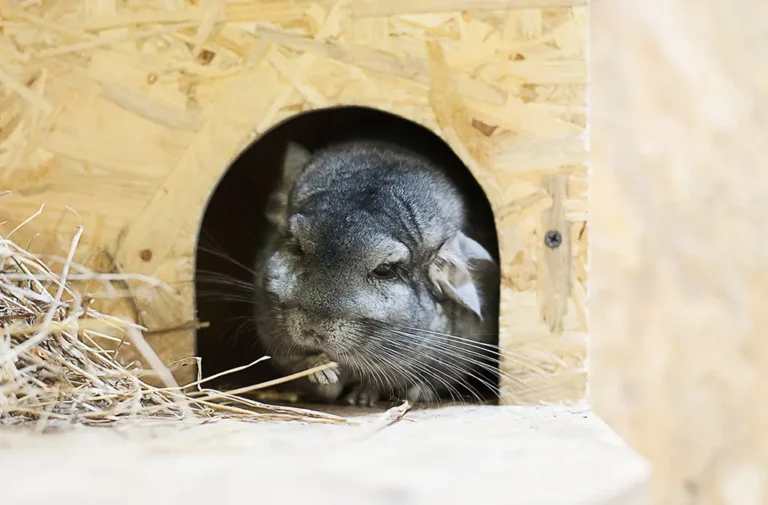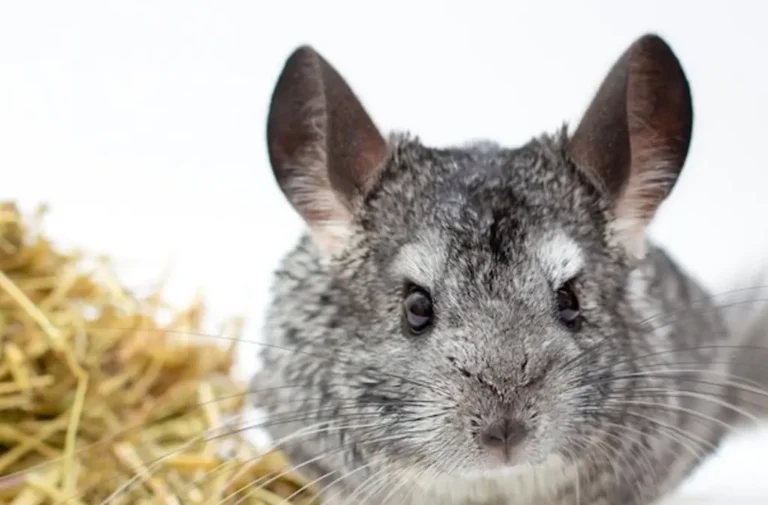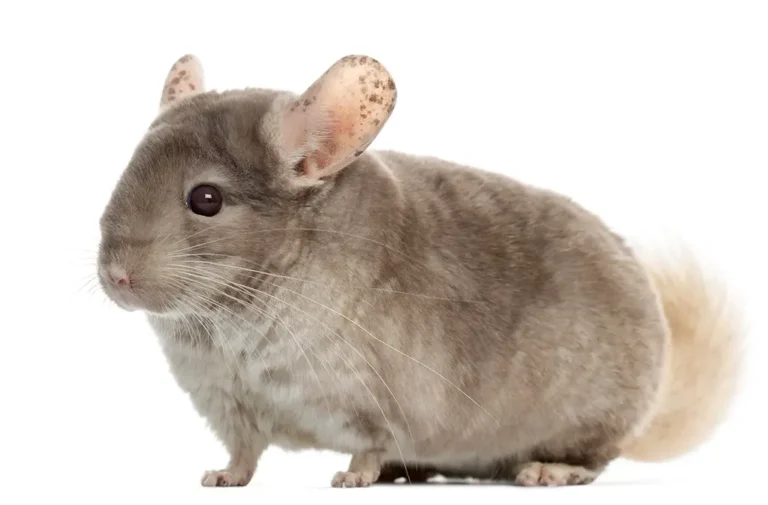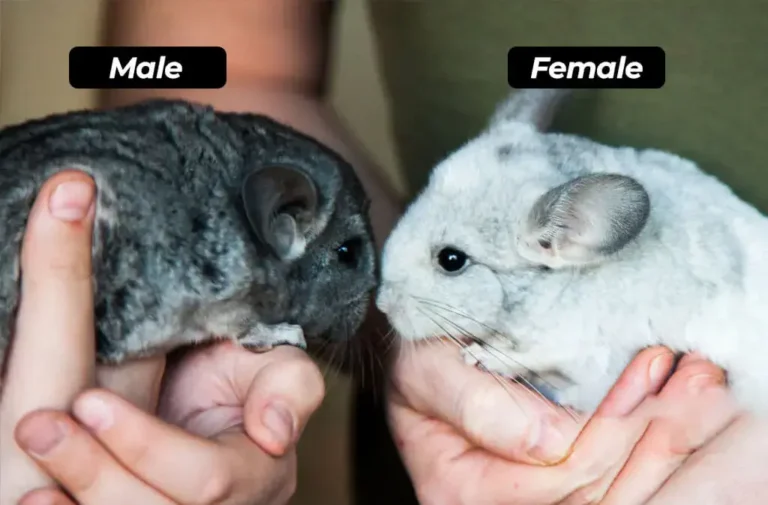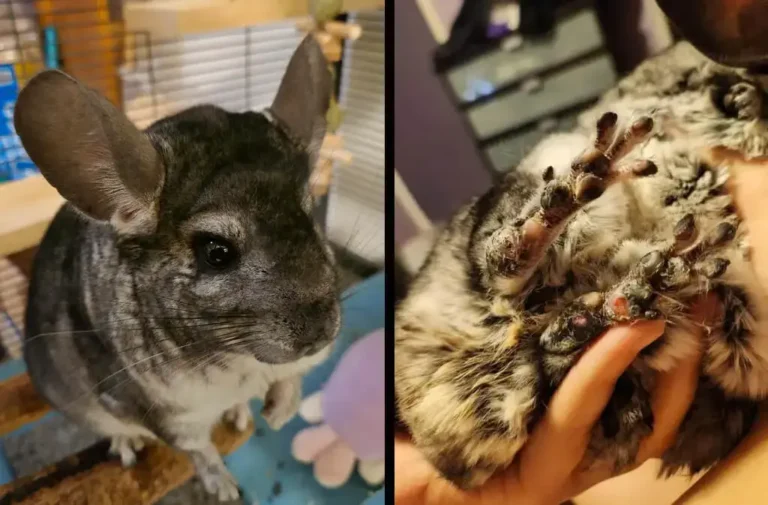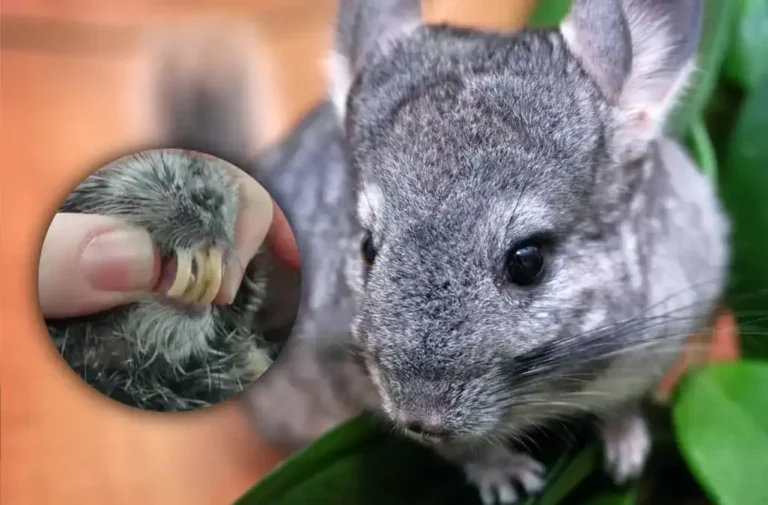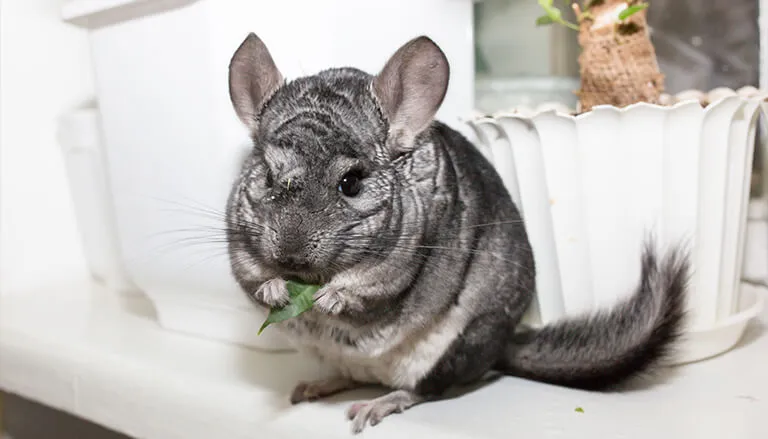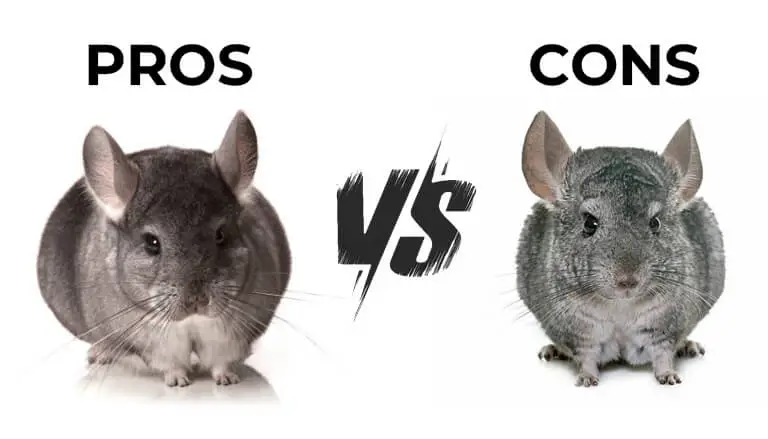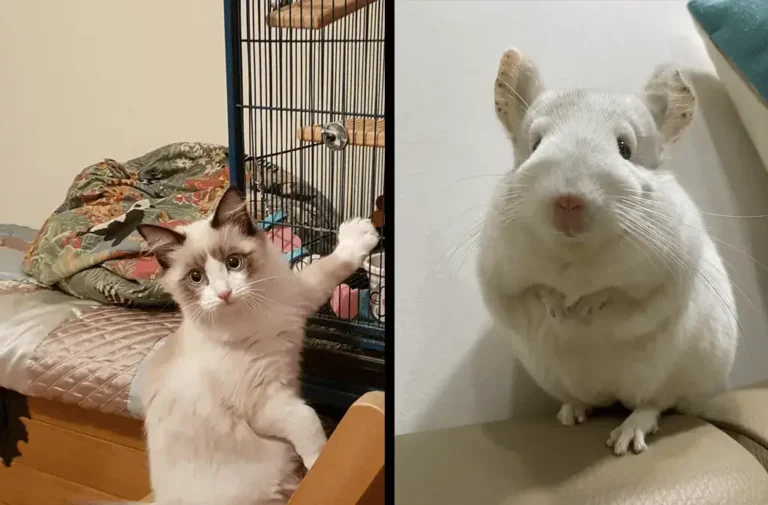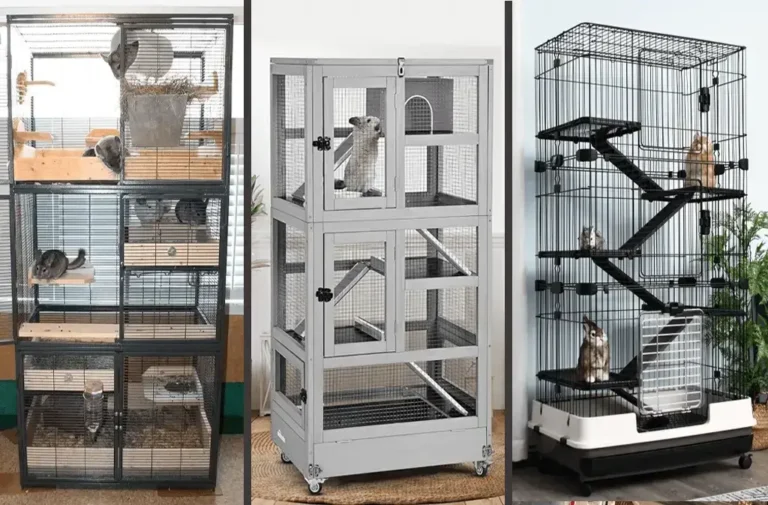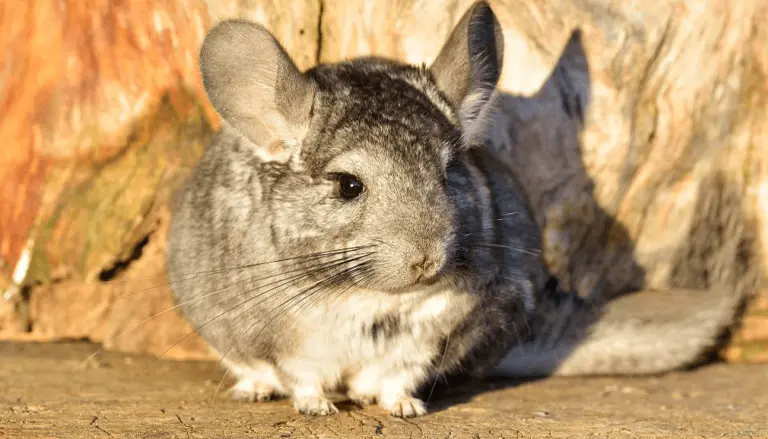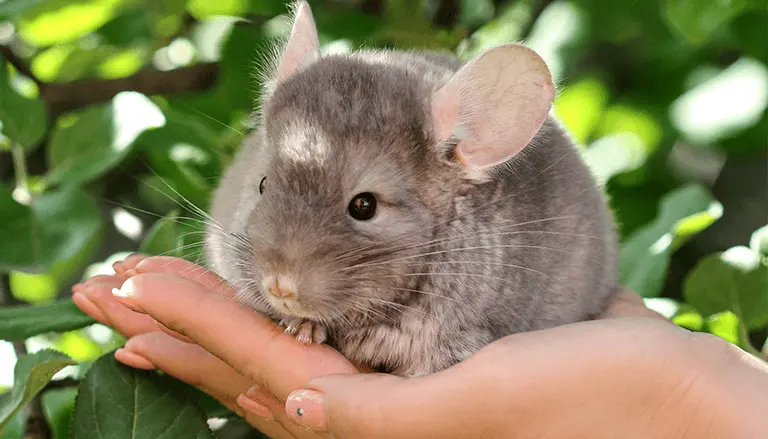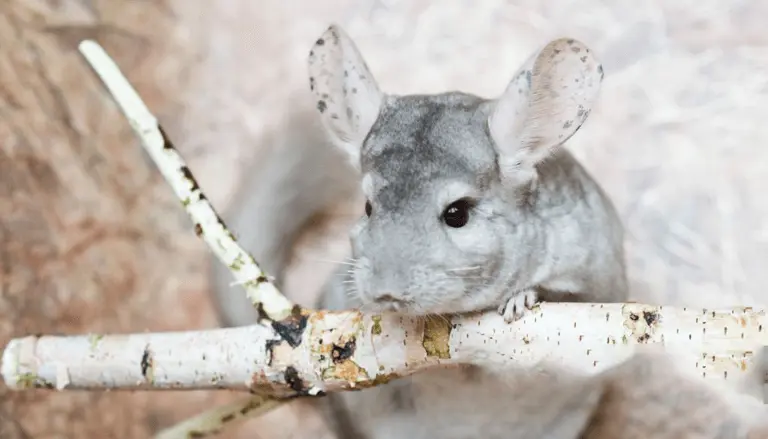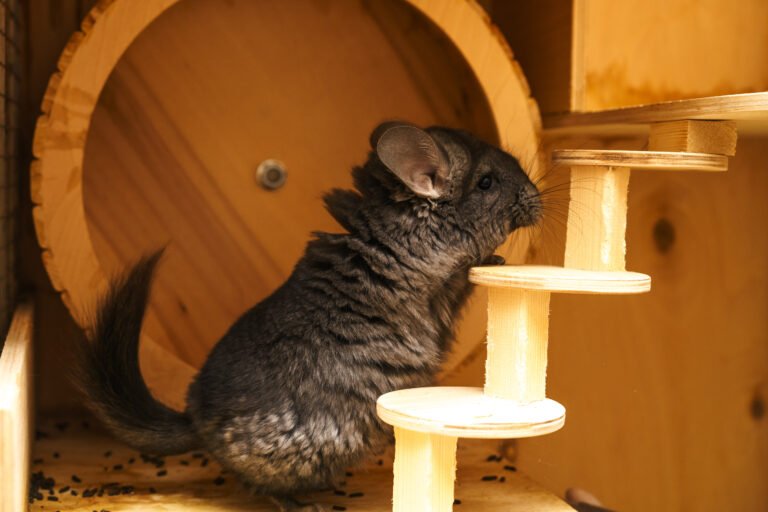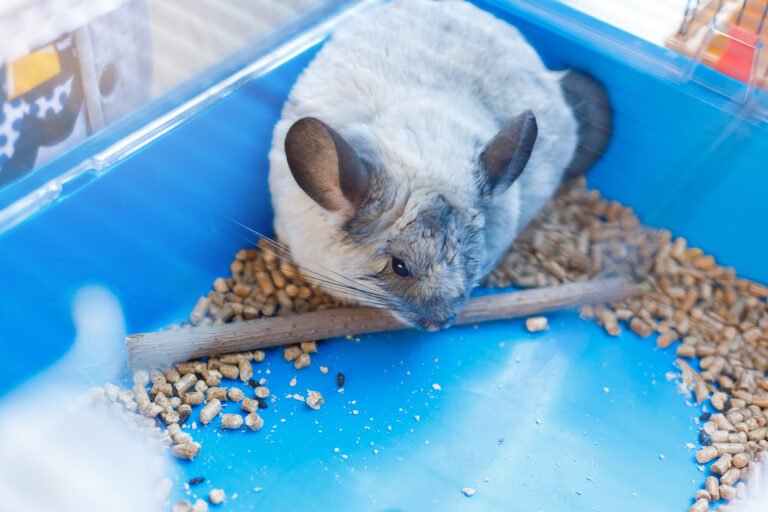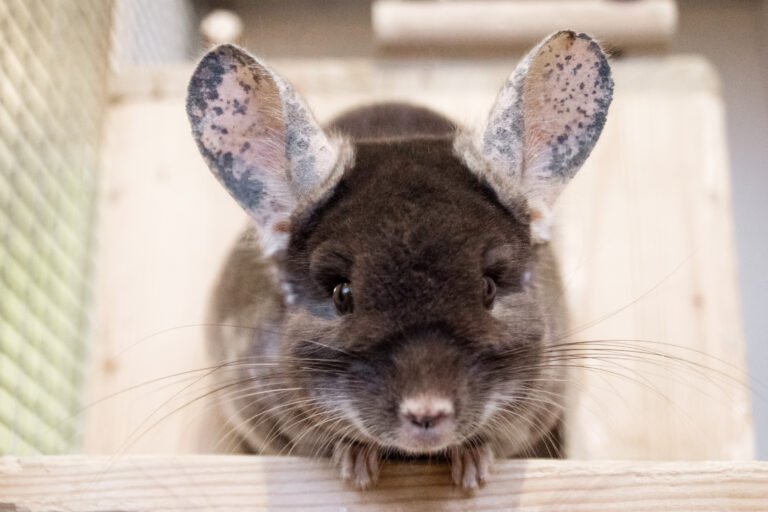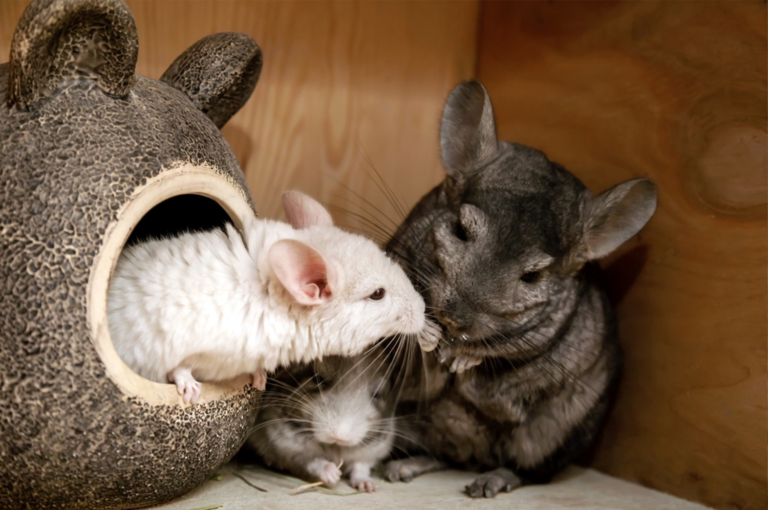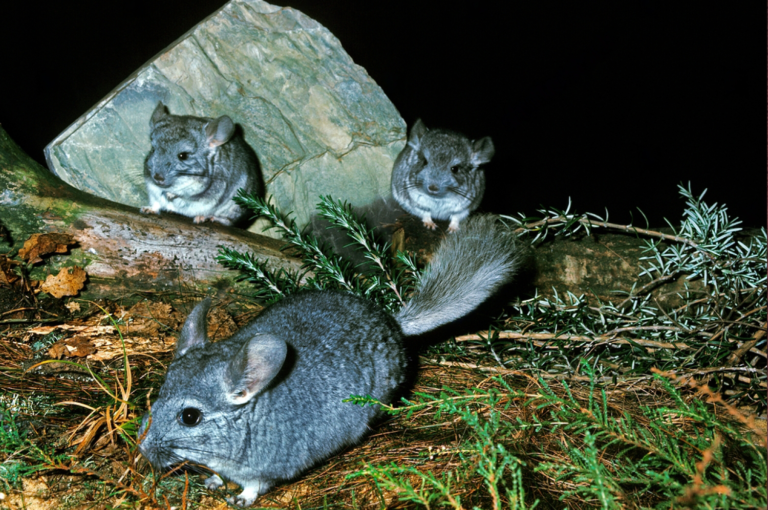Overgrown Chinchilla Teeth And Dental Issues
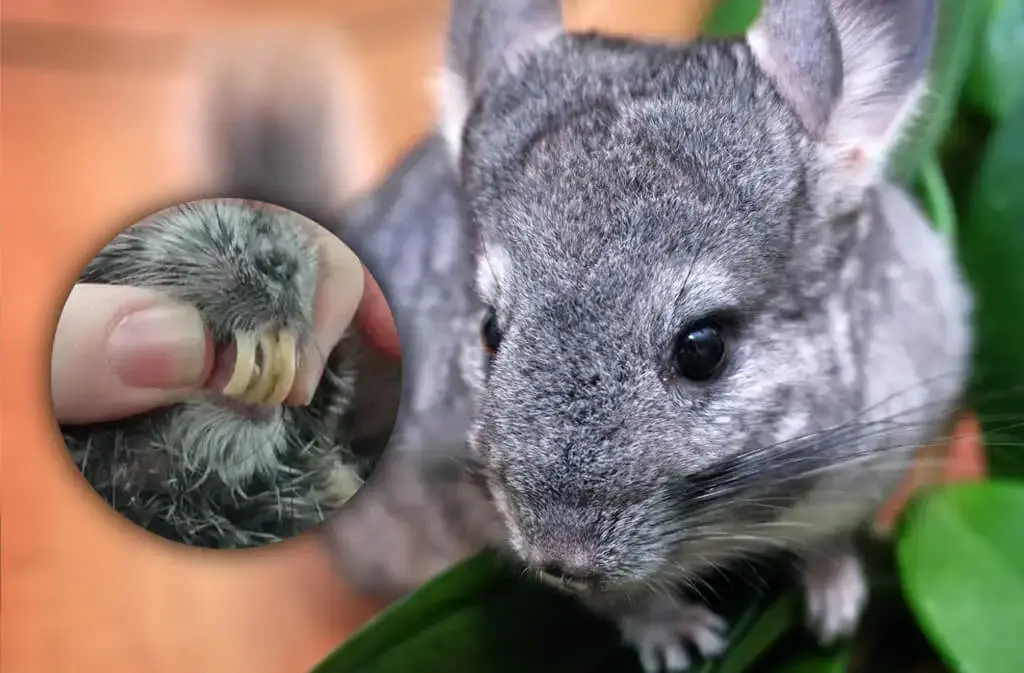
Chinchillas are exotic pets that usually have problematic teeth. Like other rodents, their teeth are open-rooted, develop different diseases, and grow throughout their lives. In their native habitat, they prevent tooth growth by chewing vegetation, branches, or shrubbery. Their incisor teeth are estimated to grow at least 2-3 inches each year. While in captivity, they need chewy items to trim their teeth and prevent them from overgrowth. These overgrown chinchilla teeth cause different dental issues and affect the overall health of these rodents. If these dental issues are left untreated, they might cause pain, distress, and, finally, the death of your little companion. It is therefore advised to understand chinchilla teeth-related diseases and their treatment.
Reasons Of Overgrown Chinchilla Teeth
Chinchillas living in the wild consume more abrasive and grinding food than their counterparts living in captivity. They feed on coarse and bristly vegetation that helps to wear down their teeth in their native habitat.
While in captivity, they are fed dry chinchilla pellets and hay, which break down in their mouths easily and don’t require much chewing. It is indisputable that eating hay encourages a little chewing.
This is why the teeth of these little creatures living in captivity grow more rapidly than those living in the wild. Besides feeding habits, genetic factors also play an essential role in their tooth growth.
Sometimes, their teeth, whether incisor or back teeth, may elongate and reach up to their brain. The irregular wearing causes sores and ulcers inside the mouth. This irregular growth of teeth could also result in facial abscesses.
Symptoms Of Dental Issues In Chinchillas
Understanding the signs of overgrown teeth and dental issues will help you take necessary action promptly.
- More Dribbling
- Slower Eating
- Swelling on the lower jaw
- Appetite Loss
- Inflamed Gums
- Swollen cheeks
- Weight Loss
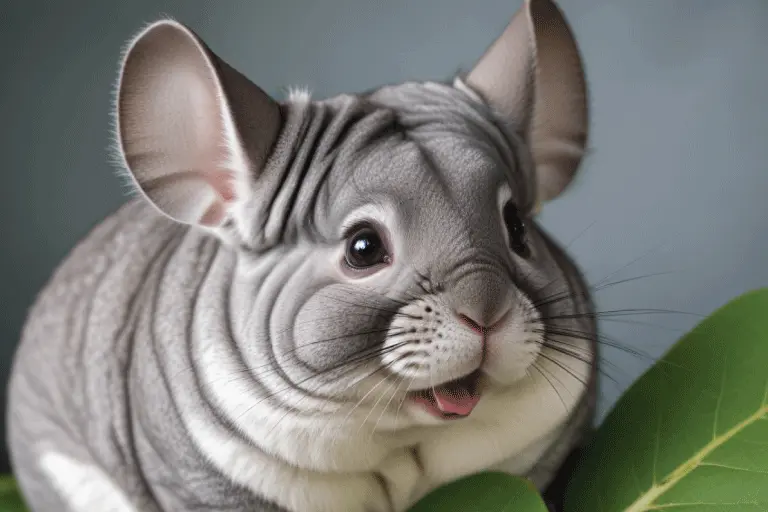
Some Common Dental Diseases In Chinchillas
The different dental issues of these little creatures are listed in this blog.
1. Malocclusion
It is a common dental disease in these rodents that leads to misaligned teeth. Different reasons could be for this problem, such as injuries to the jaw, genetic issues, and even tumors. Because their teeth don’t meet properly in such a situation, it leads to uneven wear down and, ultimately, overgrowth.
2. Abscesses
Sometimes, these little creatures suffer from abscesses, a dental problem in which bacteria affect the teeth’ roots. It is a very painful dental issue that leads to mouth swelling, and it is difficult for them to eat.
3. Periodontal Disease
It is another chinchilla teeth issue that results in inflamed gums because of bacterial accumulation. It is advised to ensure their dental hygiene. To prevent the destruction of teeth’ supporting structures avoid the accumulation of food particles in their teeth. If this disease is left untreated, it may cause inflammation.
4. Teeth Root Elongation
It is a most painful dental issue. The roots of the teeth grow rapidly and extend up to the skull. This root elongation causes pain and develops diseases in these innocent creatures.
5. Teeth Resorption
Sometimes, the chinchilla teeth’s structure might deteriorate because of malnourishment, injury, or illness. This tooth resorption is frequently observed in rodents with inadequate diets and nutritional deficits.
6. Cavities
Caries or cavities are common not only in chins but in all other rodents. Sometimes, you give your chin an excessive quantity of sugary treats unknowingly. Consuming more sugary food develops cavities in their teeth.
Measures To Protect Chinchilla Teeth From Diseases
It is not difficult to identify when the teeth of your little companion are overgrown. Different methods and techniques are listed below to protect their teeth from developing diseases.
Excessive Hay
It is advised that they be provided with hay in excessive quantities. Hay is rich in fiber and promotes prolonged chewing. It is bristle and coarse, therefore a good method to wear down the teeth. Hay not only ensures tooth health but also a healthy gastrointestinal tract.
Tooth Trimming
Trimming the incisor and molar teeth will protect them from developing any underlying dental diseases.Veterinarian checkup is recommended for this treatment. The vet will trim their teeth with a handheld rotary tool and a dog nail trimmer.
Regular Veterinary Checkups
Because chins are genetically susceptible to dental issues, it is advised that you take your little companion to a veterinarian weekly. The veterinarian will trim the tooth, provide suitable pain relief medications, and examine and address the underlying tooth condition.
Final Verdict!
Chinchilla’s teeth are genetically susceptible to diseases, such as overgrowth, malocclusion, teeth resorption, root elongation, and abscesses. There could be different reasons for these dental issues, like genetic disorders, eating less hay, and lack of chewing. In the wild, they trim their teeth by consuming vegetation and branches. While in captivity, they need chewing toys. It is advised to take them to the veterinarian every week and provide excessive hay to protect their teeth from developing diseases.

